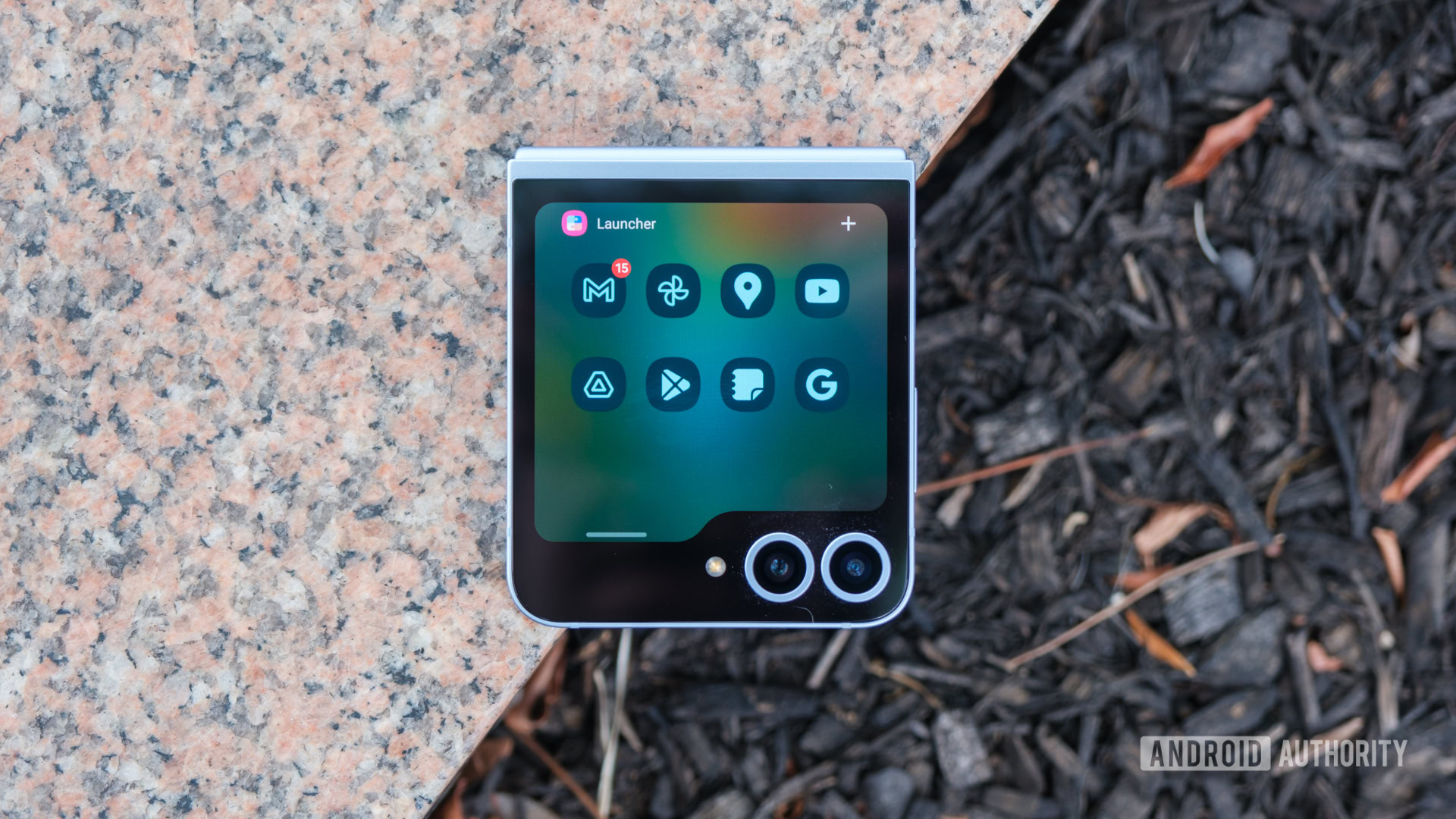Toumani Diabaté, a Malian virtuoso of a 21-string instrument known as the kora, who brought a rich West African musical legacy to audiences around the world with genre-mixing collaborations ranging from American blues to the London Symphony Orchestra, died July 19 at age 58.
World
Toumani Diabaté, world music master of Mali’s stringed kora, dies at 58

Mr. Diabaté embraced his dual roles as an envoy and historian of a music-making tradition that stretches back millennia from the western Sahel to the Atlantic coast. His projects often explored how music flows across borders and between regions, especially the echoes of African rhythms brought across the ocean by enslaved people.
“It’s the past meeting the present for the future,” said Mr. Diabaté (pronounced dja-BAH-tay).
His connections to the kora and the music of the Mandé-speaking people go back more than 70 generations as a member of a lineage known as the griots, who act as caretakers of the region’s songs, stories and instrumental styles. The kora, a mix of a harp and lute, has been a fixture of classical West African music for centuries.
The kora’s plucked strings can create a dulcimer-like range with an interplay of bass notes and cascading and lilting melodies. “When you listen, it’s like three men playing at the same time,” he told Songlines magazine in 2018, “and I learned the kora that way.”
His family included highly accomplished musicians in the griot tradition, including playing a guitar-style ngoni and the kora. Mr. Diabaté was a prodigy. He said he never had formal lessons and learned the kora by listening to his father and grandfather play.
Music also was therapy. As a child, Mr. Diabaté contracted polio and faced a long recovery. For the rest of his life, he walked with a limp and often used a cane. At 13, he gave his first public performances with the Koulikoro Ensemble at a national cultural festival, the Mali Biennale. Within a few years, he was touring with the band of a well-known Malian singer, Kandia Kouyaté.
The group’s concerts in other West African nations and in France, Mali’s former colonial ruler, gave Mr. Diabaté a firsthand look at overlapping musical traditions in Africa and the eclectic experimentation within Western pop in the 1980s. He became fascinated with the idea of mingling styles.
First, however, he helped introduce the kora to many Western ears — much in the way that Ravi Shankar’s sitar helped expand Indian music in the 1960s. In London, Mr. Diabaté recorded a solo album, “Kaira” (1988), as his first of many projects with Lucy Durán, a record producer and ethnomusicologist.
The tracks are traditional-style compositions of Mr. Diabaté on the kora with no backup accompaniment. The album’s name refers to the anti-colonial cultural movement in Mali led by the griots before the country’s independence in 1960. “If you think of West Africa as a body, then the griot is the blood,” he told the New York Times in 2006. “We are the guardians of West Africa’s society. We are communicators.”
The interest generated by his debut album opened the way for decades of collaborations on more than 20 recordings, including albums with a Spanish flamenco trio, Ketama, and American blues guitarist Taj Mahal on “Kulanjan” (1999), which included the folk-blues standards such as “Queen Bee” and “Take This Hammer.” He then worked with jazz trombonist Roswell Rudd on 2002’s “MALIcool.”
Mr. Diabaté said the musical signatures of the blues — including the call-and-response-style chord progressions — were a tangible link to West Africa. “So playing with Taj Mahal means the blues is coming back home,” Mr. Diabaté told Australia’s Daily Telegraph.
He later explored the African roots of the banjo on “Throw Down Your Heart” (2009), a compilation by American master picker Béla Fleck with various African musicians, and “The Ripple Effect” (2020) also with Fleck.
On some songs on “Throw Down Your Heart” — a reference to a lament by enslaved people as they left the shores of Africa — Fleck played the akonting, a forerunner of the American banjo. “You can still hear the music, the slave music sometimes. … And when you hear the akonting music, to me, it really sounds like the music of that time,” Fleck told NPR’s “Morning Edition” in 2009.
A concert by Mr. Diabaté with the London Symphony Orchestra was released as the album “Kôrôlén” in 2021. Mr. Diabaté said the performance was a reminder that “our music is older than Beethoven.” In one of Mr. Diabaté’s last projects, he joined with Kayhan Kalhor, an Iranian master of the bow-played kamancheh, on the album “The Sky Is the Same Colour Everywhere” (2023).
“When I play with other musicians, I don’t play their music,” Mr. Diabaté said in a 2011 interview with Uncut magazine. “I play my music. And I don’t let them play my music. I say, ‘Play your music and I’ll play mine.’ We put it together and it becomes a new music, from the heart.”
For decades, the Symmetric Orchestra, which he founded in 1990, performed around the world. The group, however, built its musical home in Mali with regular gigs at Le Hogon, a club in Bamako. Mr. Diabaté also found some of his greatest acclaim with another Malian musician, guitarist Ali Farka Touré. Their albums, “In the Heart of the Moon” (2005) and “Ali and Toumani” (2010), each won Grammy Awards for best traditional world music album.
“The kora,” said Mr. Diabaté, “was a gift from God to me.”
‘Times are changing’
Toumani Diabaté was born on Aug. 10, 1965, in Bamako. His father was a renowned kora player, and his mother was a singer.
After Mali’s independence, his parents were part of the National Ensemble, the country’s premier musical group. The first president, Modibo Keïta, honored the family by allowing them to build a house near the presidential palace in Bamako.
Mr. Diabaté’s breakthrough came when the ethnomusicologist Durán visited Bamako seeking musicians for a festival in 1987 in London. Mr. Diabaté and his father were picked. Mr. Diabaté remained in London to record his debut album and began working with European musicians including British jazz bassist Danny Thompson and the Icelandic singer-songwriter Björk.
“My father did not play the kora like my grandfather, and my grandfather did not play like his father,” Mr. Diabaté once said. “Times are changing. The world today is different.”
Mr. Diabaté liked to call his kora a “spiritual instrument” that can be a force for peace. He also playfully joked about lore that said the kora can summon mischievous spirits, jinni, if played after midnight. His gigs in Bamako often went on until near dawn.
In passing the griot traditions to his son, Sidiki, Mr. Diabaté joined him for two albums “Toumani & Sidiki” (2014) and “Lamomali” (2017), which featured the French singer-songwriter Matthieu Chedid. (Mr. Diabaté’s son also became a star in Mali’s hip-hop scene.)
Complete information on survivors was not immediately available.
Mr. Diabaté once described playing the kora as “talking to your woman” because, during the medieval Mali Empire across West Africa, a female singer would often join the kora player and help set the mood. “It’s a real spiritual instrument,” he said, “and a magic one.”









